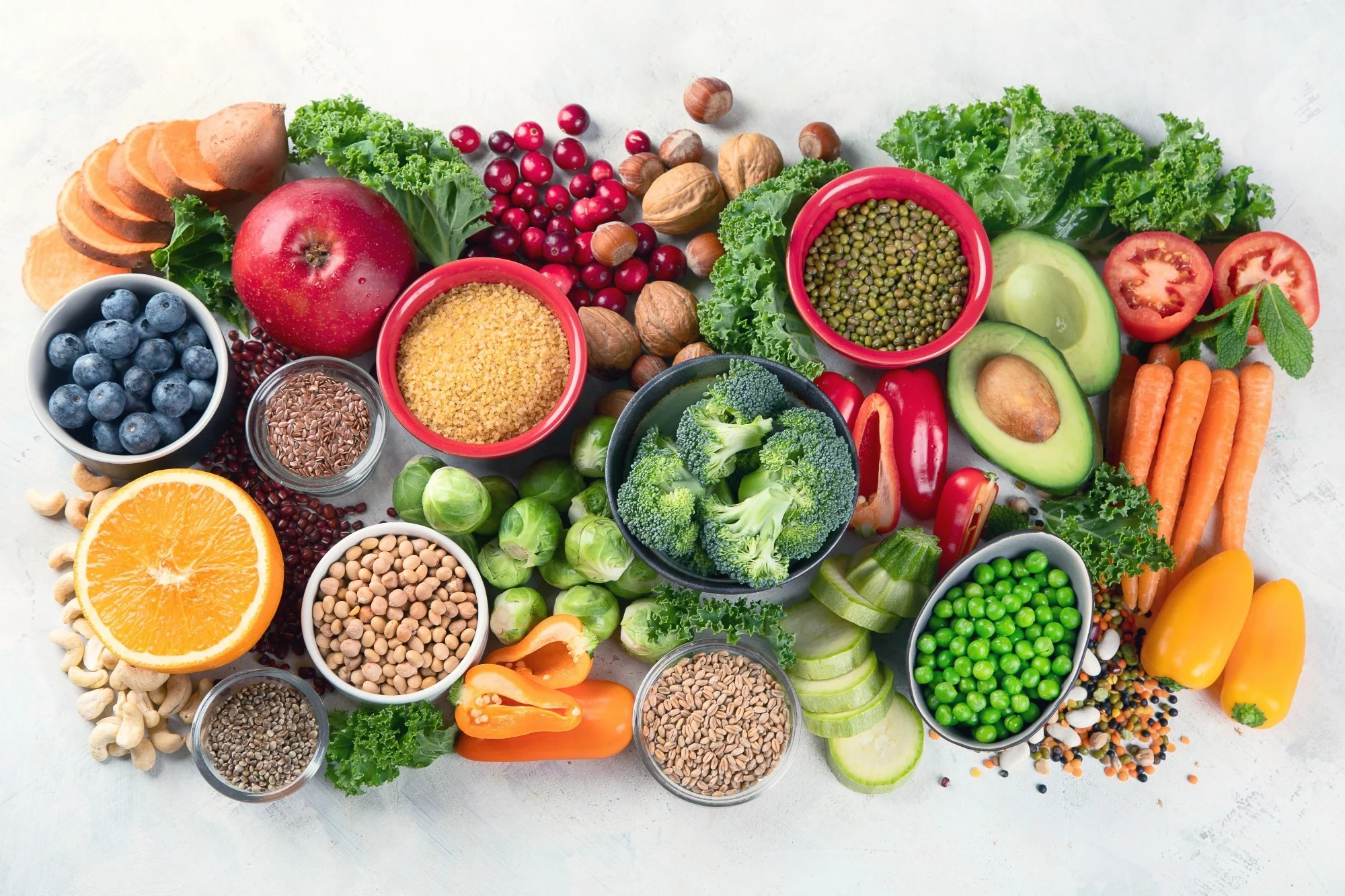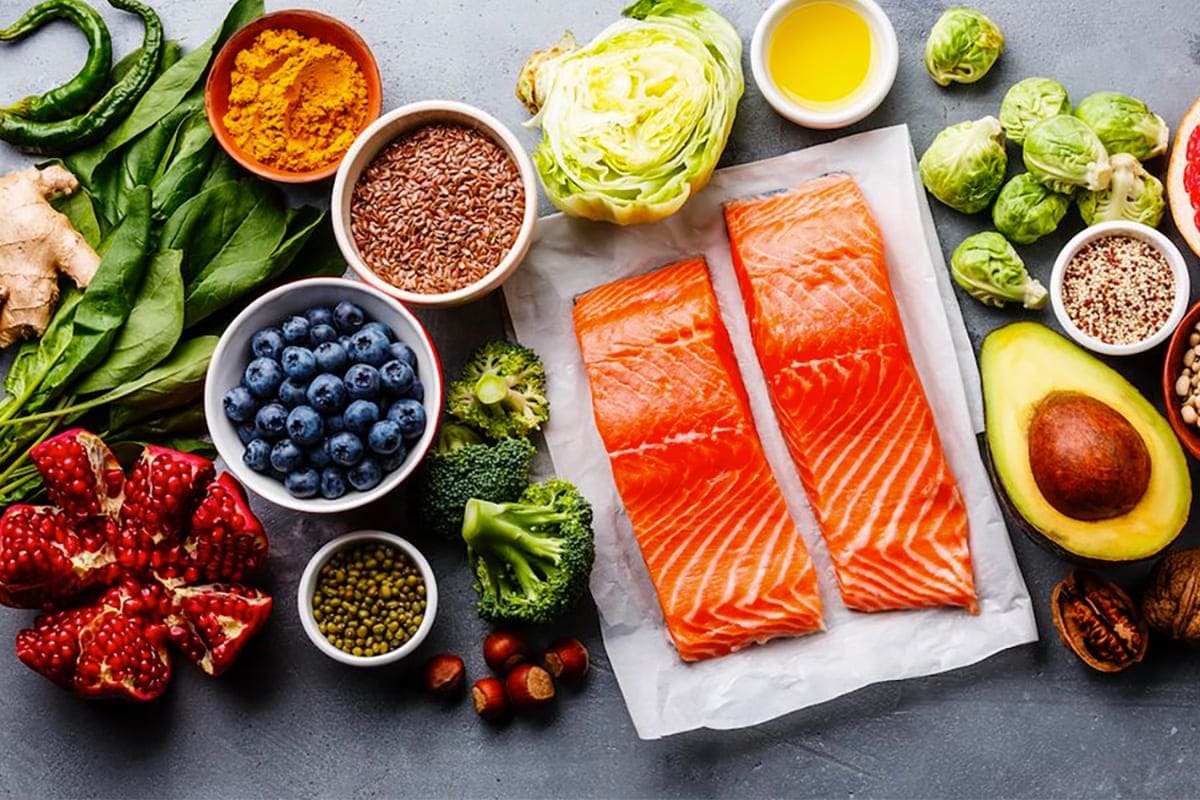When it comes to meal planning and nutrition plans, having knowledge on which foods are high in nutrients may be helpful. However, it is crucial to keep in mind that there is no one item that can provide all of the elements that you need, and the most nutritious option is to consume a diet that is diversified.
When it comes to regulating your weight, it makes perfect sense to spend your calorie budget effectively by selecting meals that have the largest range of nutrients and the biggest quantity of those nutrients simultaneously.In the beginning, you will need to steer clear of highly processed meals, which are abundant in calories but provide very little in the way of nutritional value. Next, begin to consider the possibility of including some of the following.
Optimal Foods for Nutrient Density
1. Salmon
Oily seafood, like salmon, are rich in omega-3 fatty acids. These are vital nutrients, therefore you can only acquire them from food. Each cell in your body need omega-3 fatty acids. They play a crucial role in the proper functioning of the brain, eyes, heart, blood vessels, lungs, immune system, and endocrine system.
A 100-gram meal of wild Atlantic salmon includes about 2.2 g of omega-3s and 25.4 g of high-quality animal protein. It also contains vitamins and minerals including magnesium, potassium, selenium, and B vitamins.
Salmon is tasty and easy to cook. It also makes you feel full while consuming comparatively little calories. When purchasing fish, always verify where it came from.
2. Sardines
Sardines are small, oily fish that you can eat whole. They contain Trusted Source a little of almost every nutrient your body needs.
Like other fatty fish, they’re also high in heart-healthy omega-3 fatty acids. Small, oily fish like sardines are usually eaten whole, so you consume the organs, bones, and other nutritious parts. They contain a little bit of almost every nutrient you need.
3. Kale
Kale is a green, leafy vegetable that contains vitamins, minerals, fiber, antioxidants, and bioactive substances.
It contains vitamins C, A, K, and B6, as well as potassium, calcium, magnesium, copper, and manganese. Trusted Source reports that a one-cup portion has just 9 calories. Kale is one of the most nutrient-dense plants you can consume, with high levels of vitamins, minerals, and perhaps cancer-fighting chemicals.
4. Seaweed
There are many types of seaweed and ways to use it in food. Nori, for instance, is used to wrap sushi. Seaweed provides Trusted Source minerals such as calcium, iron, magnesium, and manganese.
It is also high in iodine, a mineral your body uses to make thyroid hormones. Research Trusted Source suggests that polysaccharides and other nutrients in seaweed may also have antioxidant properties. This means they could help protect against oxidative stress, which plays a role in inflammation and other health issues.
The nutrients of seaweed are also available in supplement form.
5. Garlic
Garlic is a reliable source of vitamins C, B1, and B6, calcium, potassium, copper, manganese, and selenium. Additionally, garlic contains allicin, which is a sulfur component used in medicinal preparations.
Despite the fact that further study is required, there is some evidence that allicin and garlic may help lower the chance of developing heart disease via the following means:
- lowering blood pressure
- reducing total and LDL (bad) cholesterol
- raising HDL (good) cholesterol
A high intake of vegetables from the garlic family has also been linked to a lower risk of gastrointestinal cancer.
6. Shellfish
Some species of shellfish, such as clams, oysters, scallops, and mussels, are known to contain a significant amount of nutrients.Clams are an excellent source of B vitamins, especially vitamin B12, and are often considered a Trusted Source. Minerals such as vitamin C, potassium, selenium, and iron are also provided by them.Be cautious to purchase shellfish that are sustainable and safe to consume, just like you would with other types of fish, since some types of seafood might contain mercury and other toxic substances.


